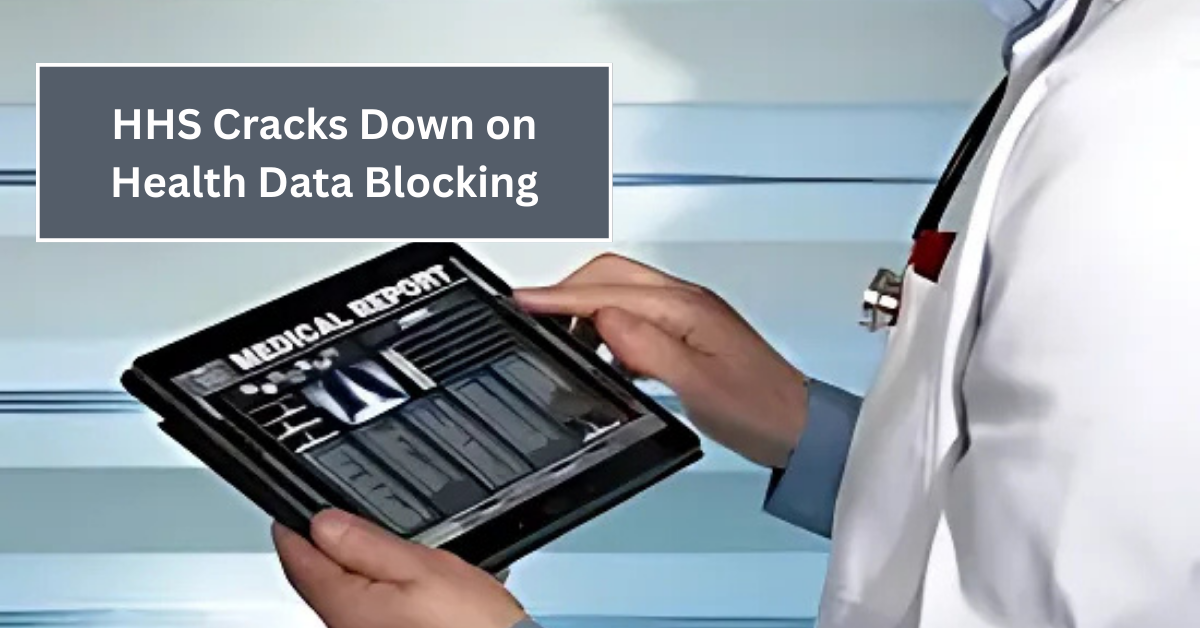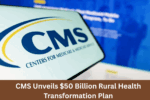The U.S. Department of Health and Human Services (HHS) has recently announced a stronger enforcement plan to tackle health data blocking and improve information sharing rules. This move aims to make sure that healthcare providers, technology companies, and others do not stop patients from accessing or sharing their health information. For many, especially younger and tech-savvy individuals, this could mean easier and faster access to their medical records.
Understanding these new enforcement rules is important not only for healthcare professionals but also for patients who want control over their health data. With digital healthcare becoming common worldwide, including in India, the HHS’s actions provide an interesting perspective on global efforts to keep health data open and accessible. Let’s explore what this enforcement push involves and why it matters to you.
What Is Health Data Blocking?
Health data blocking happens when healthcare providers or technology companies prevent patients from accessing or sharing their health information. This can slow down treatment, delay diagnoses, and create unnecessary hurdles in healthcare services. For example, if a hospital refuses to share your medical records with your new doctor, that is considered data blocking.
Blocking health data is not only frustrating but also against the law in the United States under the 21st Century Cures Act. However, some organizations still find ways to limit access, which is why the HHS is stepping up its enforcement efforts to stop this practice and promote transparency.
Why Is HHS Focusing on Enforcement Now?
The HHS has noticed continued reports of data blocking despite existing rules. To protect patients’ rights and ensure that health information flows freely, the agency wants to send a strong message. This enforcement push will include inspections, penalties, and other actions against those who do not comply with the rules.
Younger generations expect quick access to their digital information, including health data, just as they do with social media or banking apps. HHS’s new push aligns with these expectations, encouraging the healthcare industry to modernize and better serve patients’ needs.
How Will This Enforcement Push Affect Patients?
For everyday patients, this means easier access to your health records through apps or online portals. You can share your medical information with different providers without facing unnecessary delays. This is especially important for people who move between cities or countries, as it helps doctors get a full picture of their health history quickly.
Additionally, by cracking down on data blocking, HHS hopes to foster innovation in healthcare technology. New apps and services that integrate patient data will have fewer obstacles, improving overall patient care and experience.
What Should Healthcare Providers Do?
Healthcare providers must follow the information blocking rules carefully or face fines and other penalties. They need to adopt systems that allow patients to easily obtain and share their health data. Providers should also train their staff about these regulations to avoid unintentional violations.
Using modern, interoperable health IT systems is key. These systems allow different healthcare organizations to communicate smoothly and share patient data securely and efficiently.
Impact on Health Tech Companies
Health technology companies that build electronic health records (EHR) and health apps also play a vital role. They need to design their software to facilitate easy access and sharing of patient data without restrictions. Failure to comply could lead to enforcement actions by HHS.
This enforcement push encourages these companies to innovate while respecting patients’ rights and privacy. Secure and open information exchange can drive better health outcomes and boost trust in digital healthcare tools.
Why Should Young People Care?
Young people are often early adopters of digital health technology, such as fitness trackers, telemedicine apps, and online health portals. Having seamless access to their health data means they can take more control over their wellness and make informed decisions quickly.
Moreover, as future leaders and consumers, being aware of health data rules helps young adults advocate for their rights and demand better healthcare services. This understanding also prepares them for the digital future of health management.
Conclusion: Moving Towards Transparent Healthcare
The HHS enforcement push against health data blocking marks an important step toward more transparent and patient-centered healthcare in the U.S. It highlights the need for easy, fast, and secure access to health information for everyone. While the rules apply in America, the global health community, including India, can learn from these efforts to improve their own health data sharing practices.
For patients and younger generations eager to use digital tools for health, this means a future where your data works for you—not against you. Staying informed and embracing these changes can lead to better health outcomes and a more connected world.




